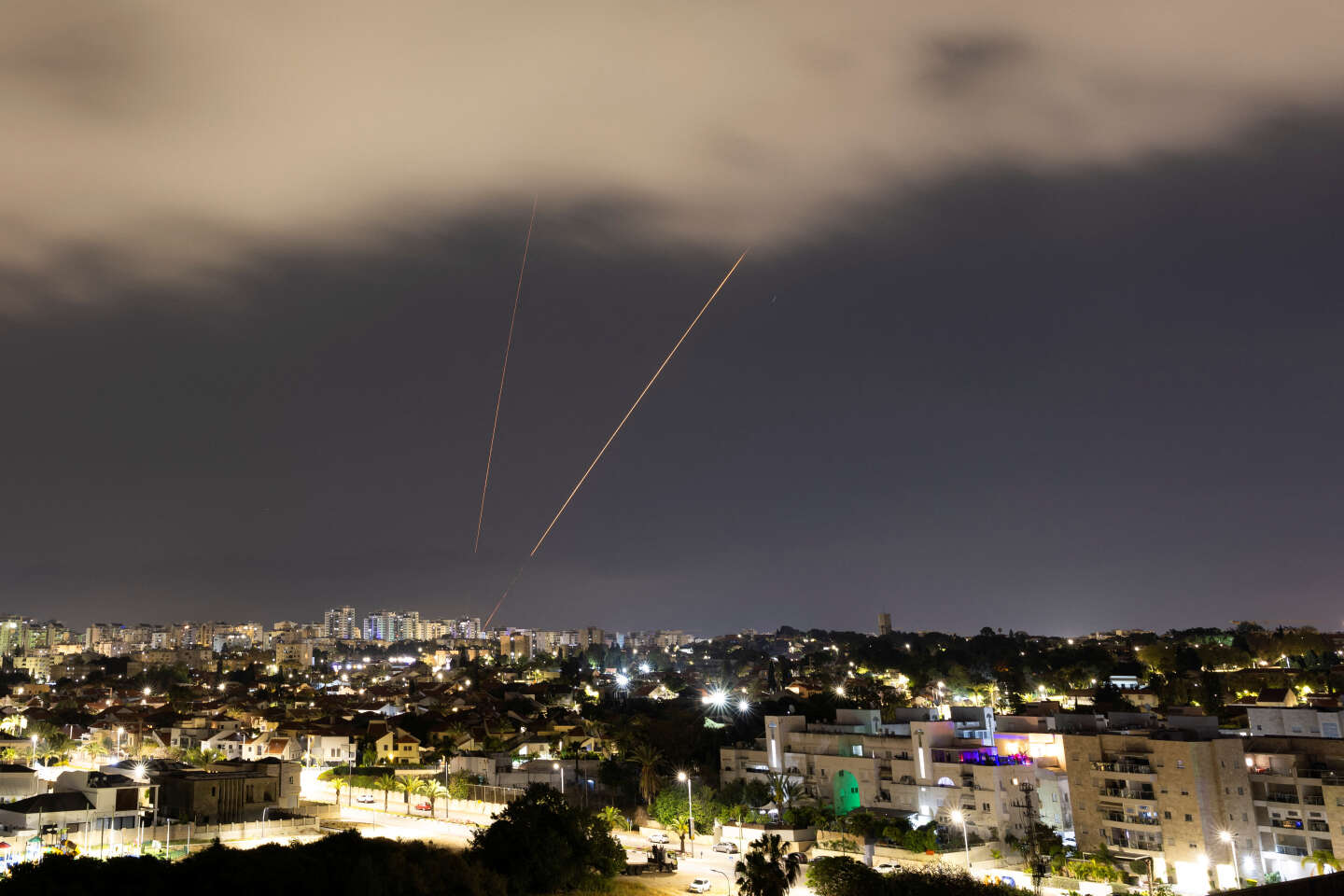


After Iran attacked Israel on Saturday, April 13, it's clear that the "unity of fronts" principle, invoked by Tehran and its allies within the "axis of resistance" to come to the aid of Hamas, has closed like a trap on the Islamic Republic.
The limits of this strategy were quickly apparent. Conceived as a "defensive front" for Iranian interests, it didn't translate into anything other than the opening of diversionary fronts with limited ambitions in Lebanon, Syria, Iraq and Yemen. Ignoring the appeals of Hamas, which has unwillingly embroiled its allies in its devastating attack on Israel on October 7, Iran has refused to engage in a full-scale confrontation with Israel.
The strategy also came up against Israel's thirst for revenge, challenging all rules of engagement to restore its position post-October 7. Striking ever harder blows against the "axis of resistance" as the war waged on, Israel backed the Iran into a corner by attacking its consulate in Damascus on April 1, at the cost of seven deaths among the Revolutionary Guards, including two generals.
Iran had until then adopted "strategic patience" to avoid a response it did not want. It was prepared to accept Israel's methodical elimination of the cadres of the Iranian Revolutionary Guards, the Lebanese Hezbollah and Hamas, and the blows to its deterrent power, convinced that the outcome of the war would be a defeat for Israel, already in a military stalemate in Gaza and isolated on the international stage.
Firm response
Israel has forced Iran out of the grey zone. It removed the "plausible deniability" argument behind which allies had been hiding, leaving them to act on the front line. Tehran was faced with a real strategic dilemma: to retaliate at the risk of provoking an open confrontation with Israel, or to lose its power of deterrence and credibility with its allies.
"It was a decision they didn't want to make, but the pace of humiliation was becoming difficult to manage," said Emile Hokayem, Middle East security expert at the International Institute for Strategic Studies. Hamidreza Azizi, a researcher at the Stiftung Wissenschaft und Politik research institute in Berlin, agreed. "The thinking in Iran has been that a firm response is needed, at the risk of war," he said. "Otherwise it will happen in a few years time anyway."
The Islamic Republic has sought alternatives to restore its deterrent through diplomatic channels. Messages were exchanged with the US through Switzerland. "Iran thought that the Americans had the means to put pressure on the Israelis, notably at the [UN] Security Council, by condemning the attack on its diplomatic representation or by guaranteeing that there would be no further attacks on its interests in Syria, something the US was unable to offer," one observer, speaking on condition of anonymity, told Le Monde. From a regime whose first act was to take American diplomats hostage in 1979, the request seemed excessive.
You have 44.67% of this article left to read. The rest is for subscribers only.
